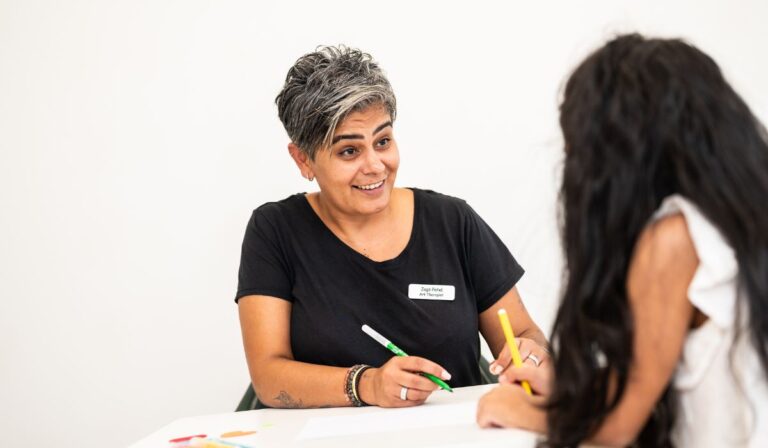Mental Health Services at The Health Suite Leicester
Welcome to The Health Suite Leicester: Your Partner in Mental Health Services and Well-Being. Mental health involves our thoughts, emotions, and behaviours. It affects how we manage stress, interact with others, and make decisions. Like physical health, mental health is important throughout all life stages, from childhood to adulthood. Mental health services are designed to support individuals in managing and overcoming emotional and psychological challenges. These services often include counselling, psychotherapy, and stress management programs, which aim to address issues such as anxiety, depression, trauma, and relationship difficulties. Professionals in mental health services work with individuals to explore their thoughts, feelings, and behaviours, helping them develop coping strategies and resilience. These services are tailored to meet the unique needs of each person, offering a safe and confidential space for healing. By providing emotional support and practical tools, mental health services empower individuals to improve their mental well-being and lead healthier, more balanced lives.
At The Health Suite Leicester, we focus on mental health and well-being through our tailored services, such as:
- Adult Psychiatry
- Adult ADHD Assessment
- Child and Adolescent Psychiatry
- Counselling and Psychology
- Child Autism Assessment
- Child ADHD Assessment
Our caring team provides special attention to meet the different needs of people of all ages. You can rely on us to help you on your path to feeling mentally better. Taking care of our mental health is very important for our overall happiness. By understanding and looking after our mental health, we can live happier and more satisfying lives. Remember, it’s perfectly fine to seek help, and taking care of your mental health shows you are strong, not weak. Our mental health services are managed by experienced experts in our private GP in Leicester who focus on various mental health issues. They make sure you get professional advice that’s just right for you.
Mental health influences how people think, feel, and act. Our mental health care experts can assist with managing issues like depression, anxiety, bipolar disorder, addiction, and other conditions that affect thoughts, feelings, and actions. Asking for help is usually the first step to feeling better, but it can be tough to know where to begin or who to ask. It’s normal to feel uncertain and think about dealing with things alone. However, it’s perfectly fine to seek help – even if you’re not sure you have a particular mental health issue.
Mental health services at The Health Suite Leicester are designed to provide comprehensive support for individuals facing emotional and psychological challenges. The team offers a range of services, including counselling, therapy, and stress management techniques, aimed at promoting mental well-being and helping individuals navigate difficult life situations. Whether dealing with anxiety, depression, relationship issues, or workplace stress, the services are tailored to each individual’s needs. The Health Suite Leicester focuses on creating a safe, confidential environment where patients can explore their concerns and develop coping strategies. With expert guidance and compassionate care, the services empower individuals to improve their mental health and achieve a greater sense of balance and resilience.
Our private GP practice is here to support your mental health as well as your physical health.
Our Mental Health Services
Click on the tiles below to learn more about and book our healthcare treatments in Leicester.
Why choose The Health Suite Leicester for Mental Health Services?
Medical Expertise
Our mental health service is led by skilled professionals who specialise in understanding and addressing a wide range of mental health concerns, ensuring you receive expert guidance tailored to your unique needs.
Compassionate and Safe Space
We provide a warm and empathetic environment where you can openly discuss your feelings and challenges without judgment, fostering a sense of safety and comfort throughout your healing journey.
Availability and Accessibility
Mental health support should be accessible when you need it. We offer flexible scheduling and various methods of communication to ensure you have timely access to the care you require.
Have a query about Mental Health Services at The Health Suite Leicester?
We recognise that getting the healthcare assistance you need can be difficult. So if you have a query, feel free to fill in the contact form below and one of our treatment co-ordinators will be happy to help. We aim to reply to all queries within 24 hours (Mon – Fri).

















